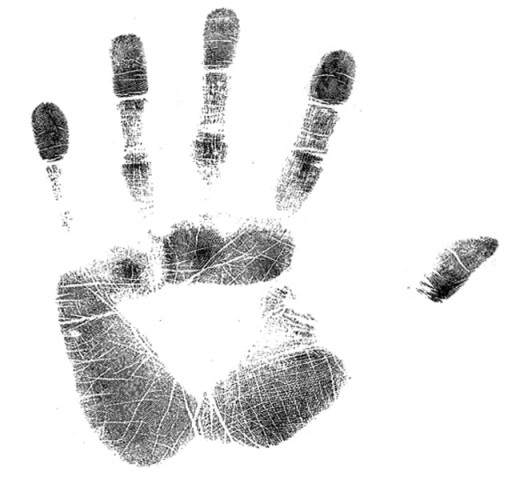Ignorance kills: ‘No one knows the law’
Panel calls for repeal of blasphemy law, increased awareness of women's rights.

Titled “Social and Legal Justice through Institutes to Curb Violence against Women and Facets of Violence, Community Response and Ways Forward,” the seminar was organised by Sustainable Development Policy Institute (SDPI) in collaboration with the Gender Justice Protection Project, United Nation Development Programme (UNDP) and Women’s Organisation for Rights and Development (WORD) and was held here on Wednesday at SDPI.
The event was part of a series of three-day seminars designed to mark 16 days of activism to end violence against women.
The panellists included Harris Khalique, a renowned social activist, writer and poet, Nasreen Azhar, member National Commission on the Status of Women (NCSW), Abid Suleri, executive director SDPI, Aqsa Khan, director WORD, and Akhtar Javed, a social activist from Batagram, among others.
The panellists were of the view that the major reason behind the misuse of blasphemy law in the country was the numerous misconceptions about it. Basically, no one actually knows what the law is, the participants said.
Speaking on the occasion, Harris Khalique said ‘qisas’, Law of Evidence and many other such laws should be repealed.
“Most of the existing laws reflect the post-colonial impact on state institutions and have an adverse impact on the poor and powerless, especially women,” he said. He criticised the thana and kutcheri culture in the country, saying that poor people who seek justice become victims of corrupt officials.
“According to the law a woman cannot be kept in lock ups after sunset but unfortunately the law is violated by all police stations across the country,” he said.
He said due to the violation of this law, every day a large number of women fall victim to different forms of violence in police stations, especially rape.
“Some of the police stations in Islamabad follow this law from 2007, but in other cities the situation is pathetic,” he added.
He said a female alone cannot go to the police station and if she makes such attempt she has to face harassment from police officials.
On the occasion, Nasreen Azhar demanded of the government to give NCSW the status of an autonomous body to function and implement laws in favour of marginalised communities rather than a project of Ministry of Women Development.
“We are fighting this war since 2000, the day it was established, but to date did not get any response from the government” she said.
She further said Blasphemy Law has been linked to religious extremism in our society.
“These religious extremists are supported by the economic powers of the world and well-funded campaigns to choke the progressive movement that are working to end all sorts of discrimination against marginalised communities,” she said.
Aqsa Khan said, “At every level whether in the family, society or workplace, violence that takes place needs to be condemned rather than condoned.”
She said the struggle for ending violence against women needs to be consistent instead of project-related activities and one-off events.
We need to engage our youth and women actively at the community and national levels.
“Laws that are discriminatory and promote institutional violence should be repealed through collective pressure,” she maintained.
Akhtar Javed urged the government to focus on remote areas to get justice for females as they neglected there.
Published in The Express Tribune, December 9th, 2010.



1725254039-0/Untitled-design-(24)1725254039-0-208x130.webp)















COMMENTS
Comments are moderated and generally will be posted if they are on-topic and not abusive.
For more information, please see our Comments FAQ